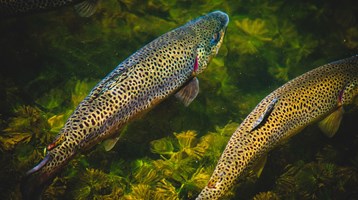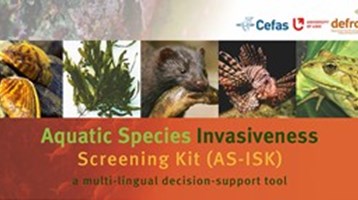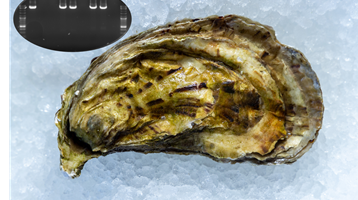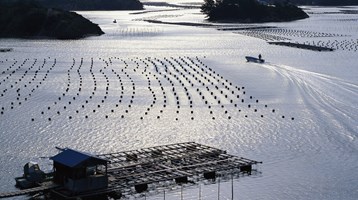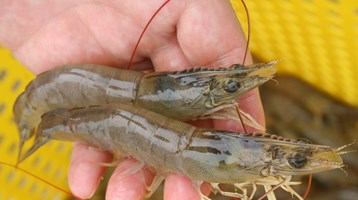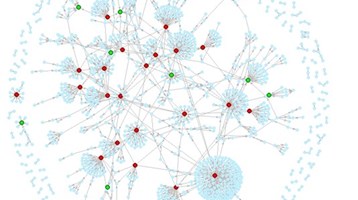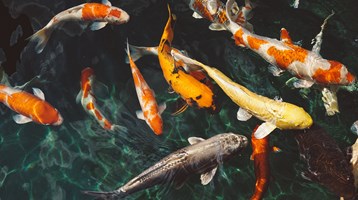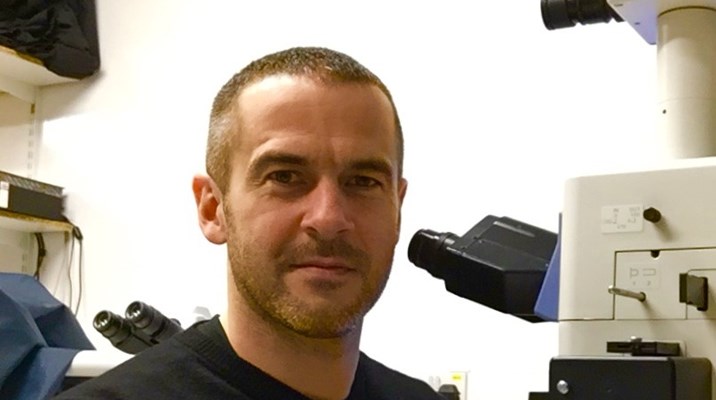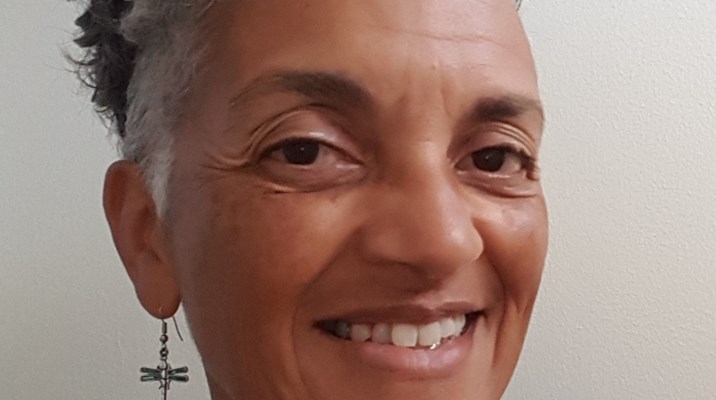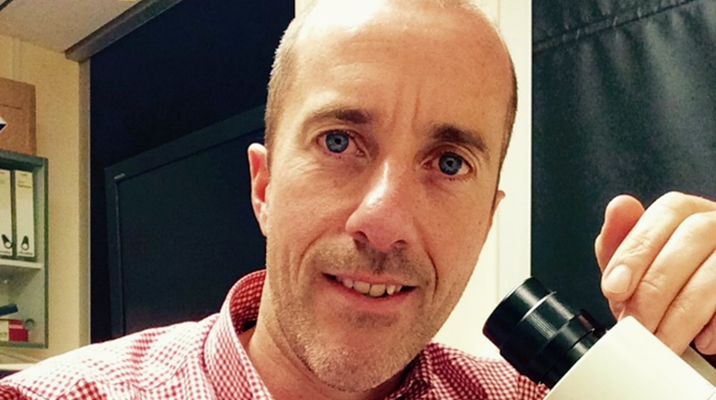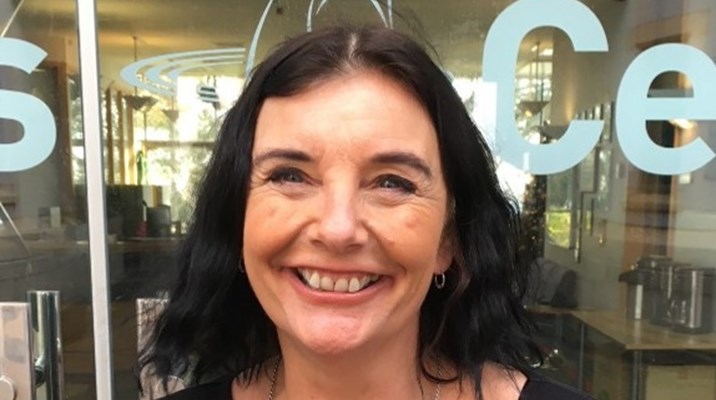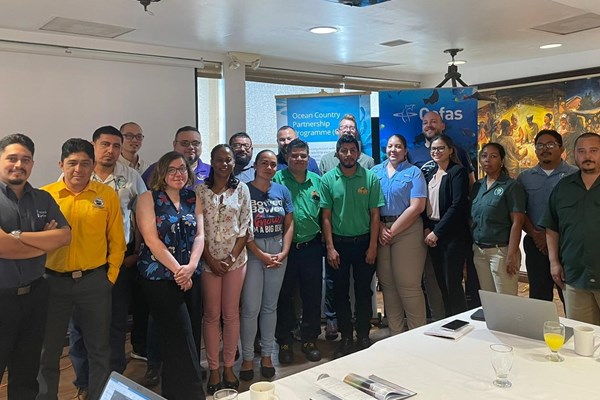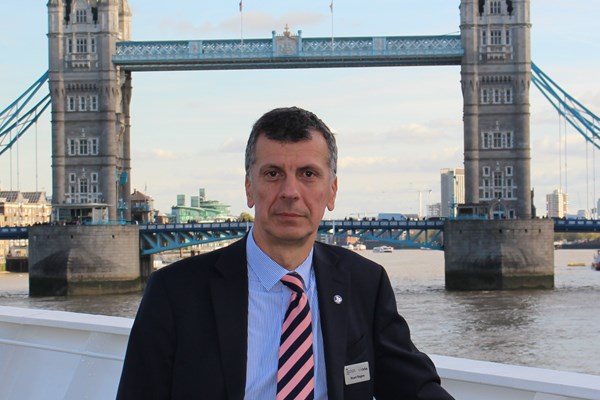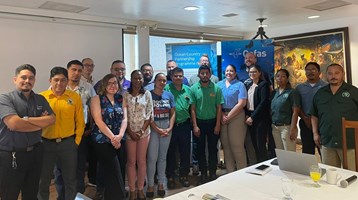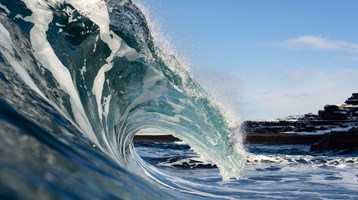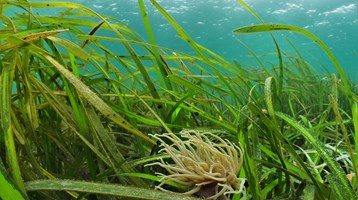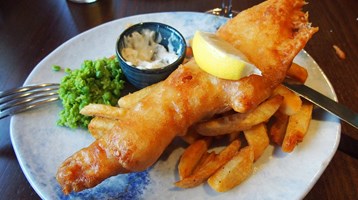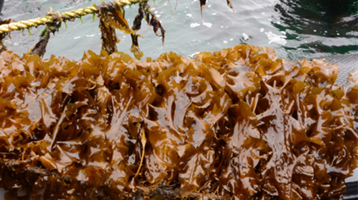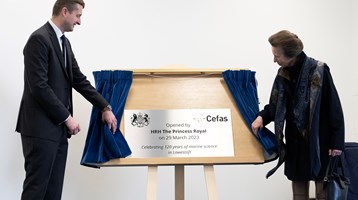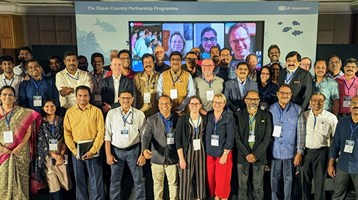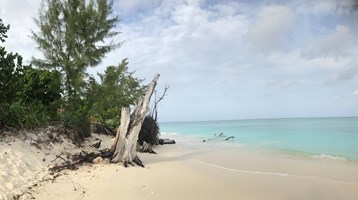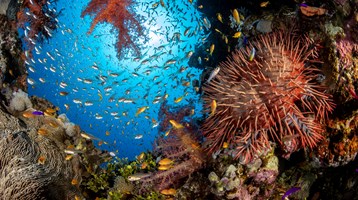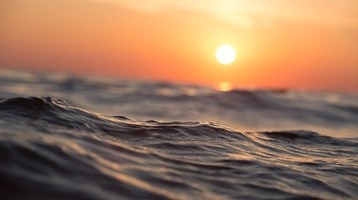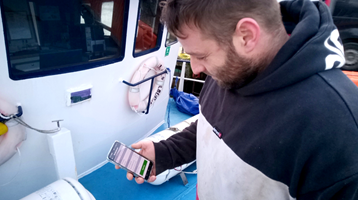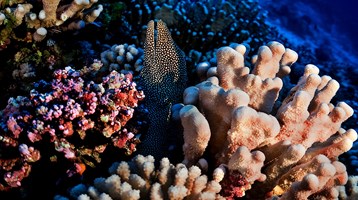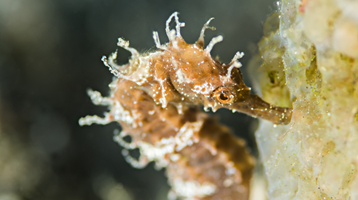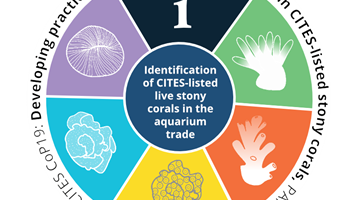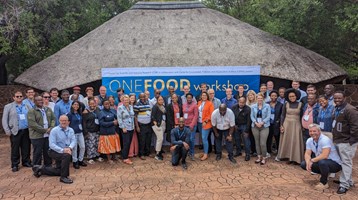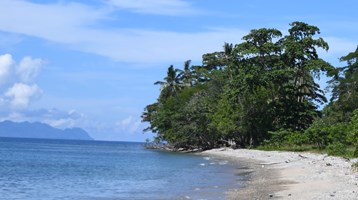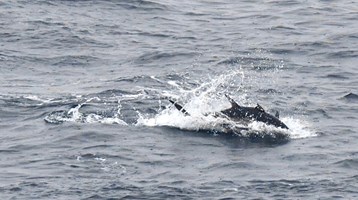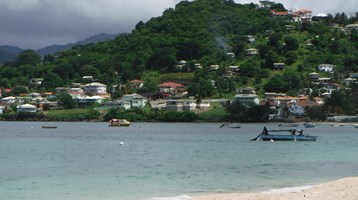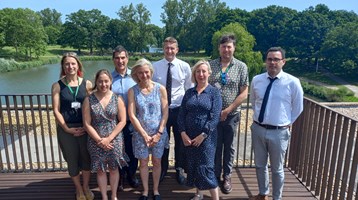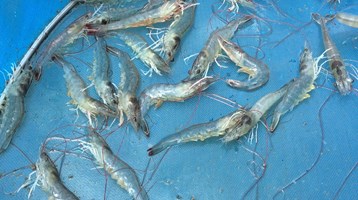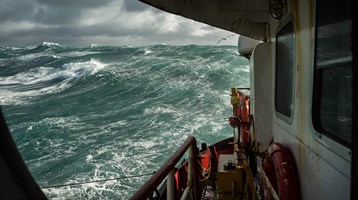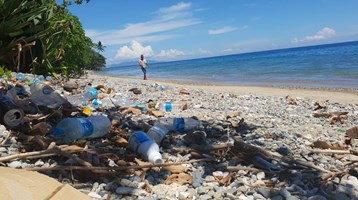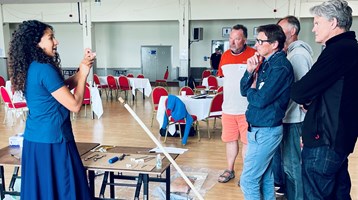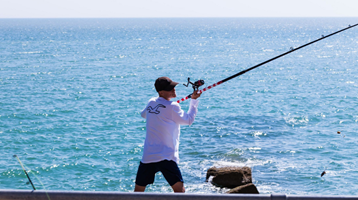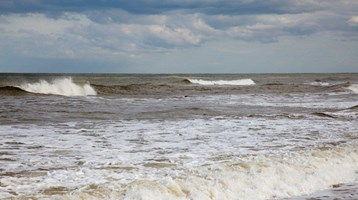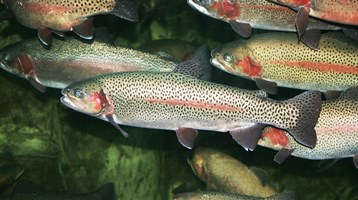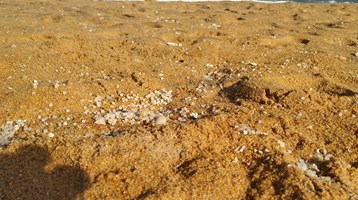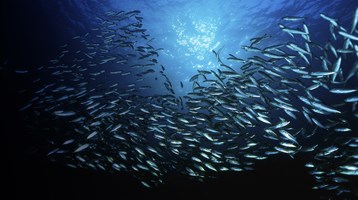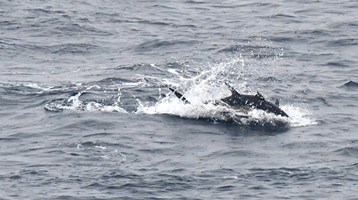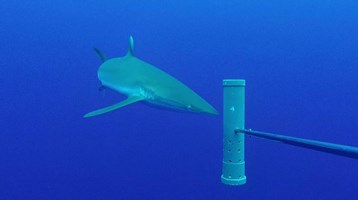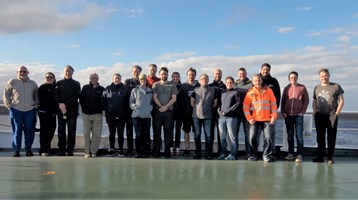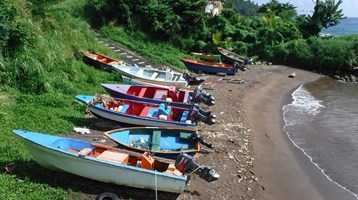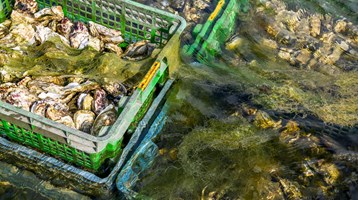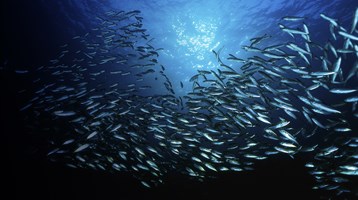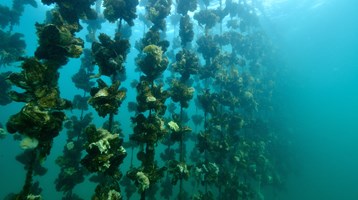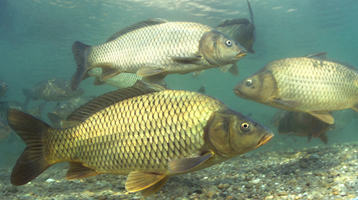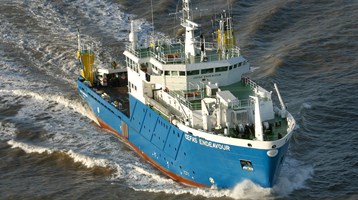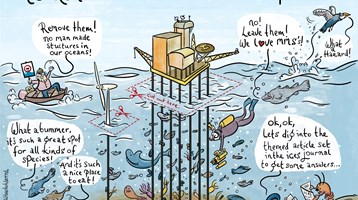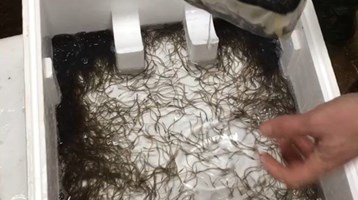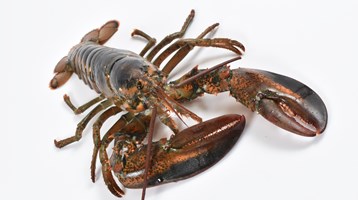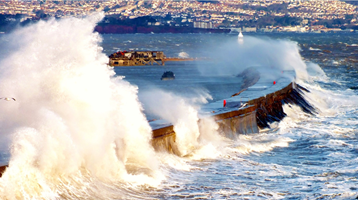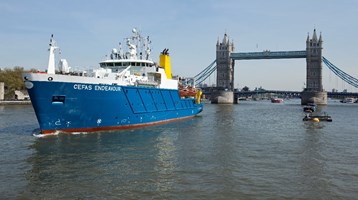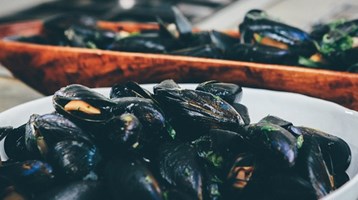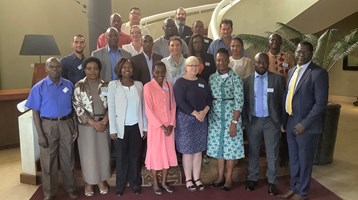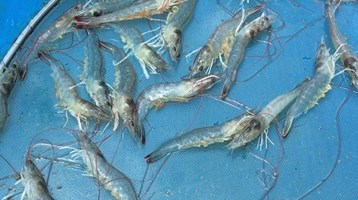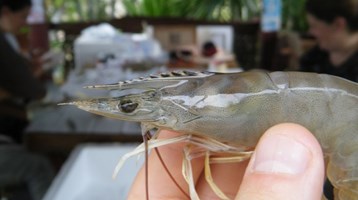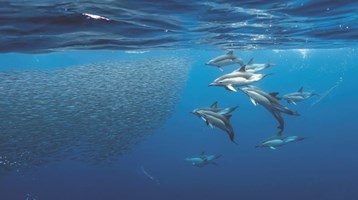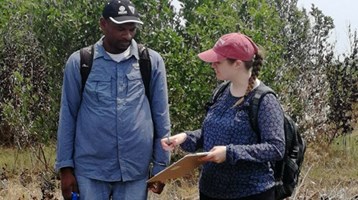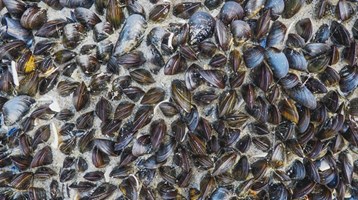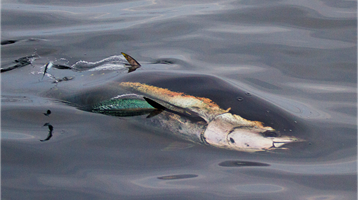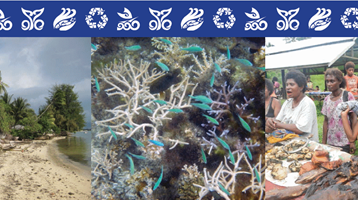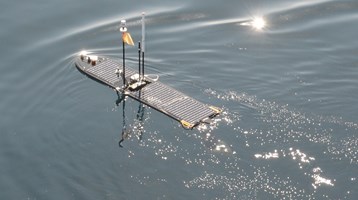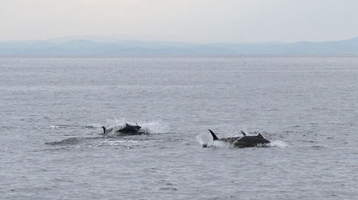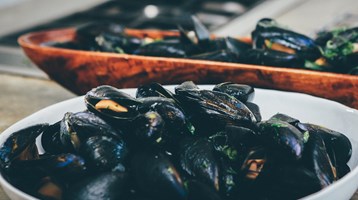UK ornamental aquatics industry join forces with scientists in the race to find a robust solution to illegal cyanide fishing
12 July 2018
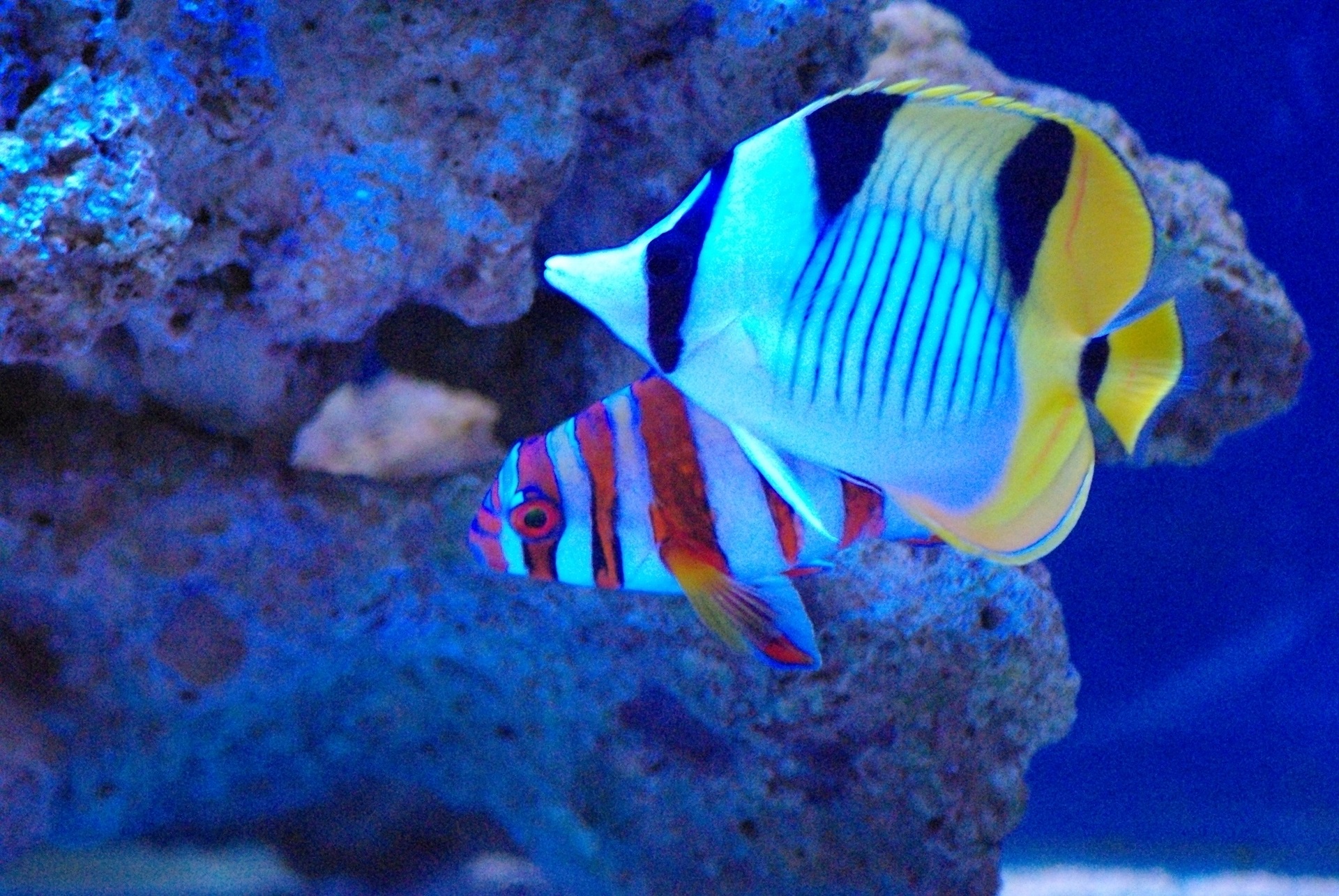
A new partnership between the UK’s ornamental aquatic industry and scientists have come together to develop a method to detect illegal cyanide fishing, a banned method in which fish are stunned using diluted cyanide.
The Ornamental Aquatic Trade Association (OATA) and the Centre for Environment, Fisheries and Aquaculture Science (Cefas) are reviewing existing science and plotting the path towards new methods to ensure fish sources for the trade is not caught using cyanide.
Ornamental fish outnumber other pets in the UK with over 100+ million fish kept in aquariums and garden ponds by 14% of the UK population.
In the face of growing consumer demand and a need to sustain a valuable industry supporting livelihoods around the world, efforts have been taken to ensure ethical sourcing, capture and policing of outlawed practices, including cyanide fishing.
Presenting research at the annual FSBI (Fisheries Society of the British Isles) Conference Cefas scientist, Dr Joanna Murray said:
“Cyanide fishing has been banned in most exporting countries due to the negative impacts including high fish mortality, damage to coral reefs and human health. Consumers and retailers want to feel confident in their buying choices, however we still lack reliable detection methods. Cefas is working with the ornamental fisheries industry to identify and develop robust and reliable detection methods, which it is hoped will provide another step forward in helping to ensure their suppliers are providing sustainable and legally collected fish.
The Ornamental Aquatic Trade Association (OATA)’s Dr Tracey King is also talking at the conference on wild caught ornamental fish looking at the benefits of the trade.
“Thousands of people, many of whom live in some of the poorest and remotest parts of the world, depend on the ornamental aquarium trade for their livelihoods. Without the aquarium trade, the effects would be detrimental, not only on such communities, but on the environment which these communities strive to protect and conserve. OATA and its members have long been committed to ensuring that wild caught ornamental fish are caught sustainably and actively support a number of initiatives worldwide so that best practice is followed throughout our industry, a fact which I will be highlighting during my talk”.
Recommendations from this initial work will be used to inform future research in the search for a robust detection method.
Hundreds of experts in fisheries – ornamental, recreational, commercial and aquaculture - have been meeting throughout this week in Norwich to share their latest research and best practice.
Notes:
The FSBI (Fisheries Society of the British Isles) is an international, non-political, learned society, based in the United Kingdom, that supports scientific activity in fish biology and management through charitable sponsorship.
The FSBI 2018 conference is being hosted in Norwich by Cefas and UEA (University of East Anglia) and will encompass a broad range of scientific topics all of which fall under the umbrella of “The Sustainable Use and Exploitation of Fishes” and will feature a wide range of exciting scientific lectures, discussions, and numerous networking opportunities with both leading and up-and-coming researchers. For more information visit http://www.fsbi.org.uk/conference-2018/symposium-theme-2/ or follow @FSBI18.
Image: Copyright OATA
Related to this article
Case studies
People
News
Further Reading


Working for a sustainable blue future
Our Science

